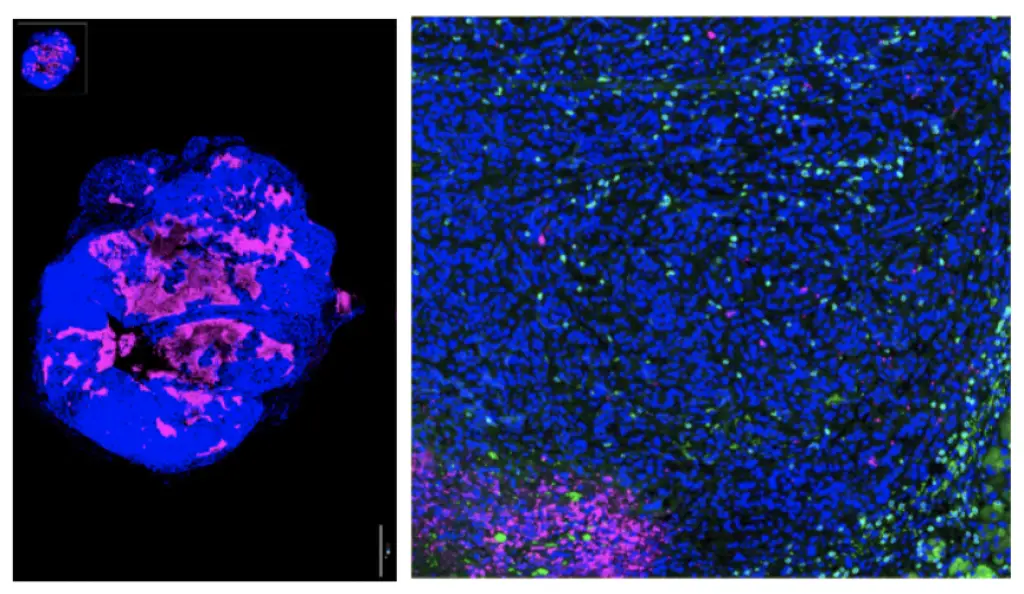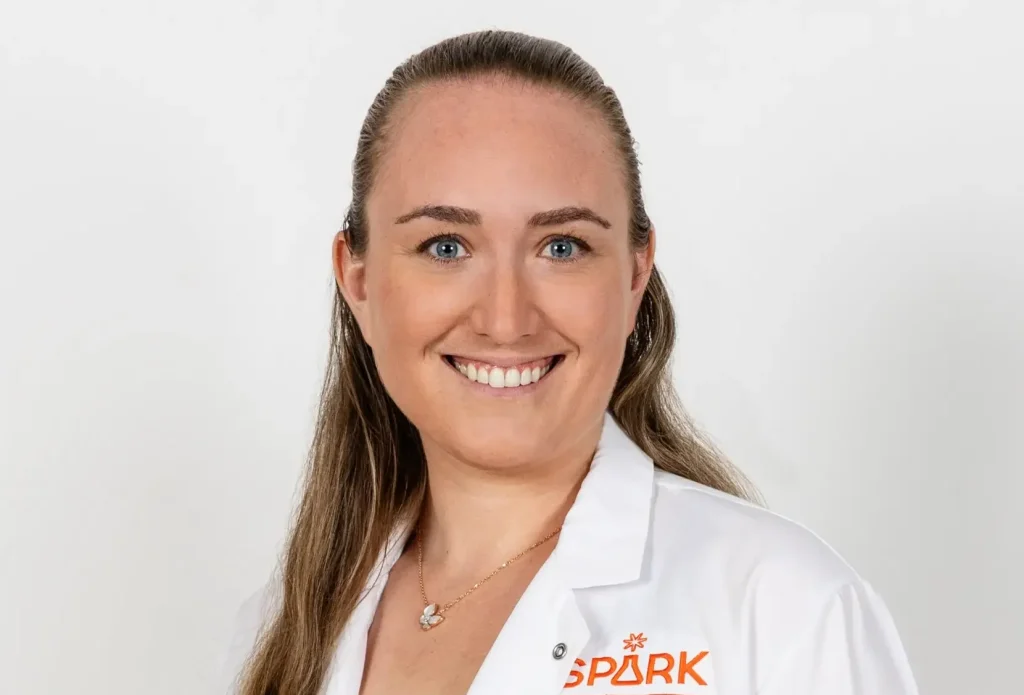LA JOLLA, CA—La Jolla Institute for Immunology (LJI) Professor Sujan Shresta, Ph.D., is on hand to share her expertise on dengue fever and dengue vaccine development. She is available to comment on urgent dengue virus research amidst the news of San Diego’s first locally acquired dengue virus case.

As Dr. Shresta explains, the locally transmitted case in San Diego reflects a growing trend worldwide. “Areas once free of dengue are seeing sporadic cases, and sporadic transmission eventually gives way to recurring outbreaks,” says Dr. Shresta. “In some locations, annual transmission has led to endemicity, meaning that the virus is now a resident in places where it wasn’t found before. This, in turn, increases the chance to see large-scale outbreaks in regions that used to be safe from dengue.”
Dr. Shresta is a renowned immune system expert focused on developing life-saving vaccines against dengue virus and other mosquito-borne illnesses. Her pioneering work with mouse models has already revealed which immune cells are key to fighting the virus, using this newfound knowledge to develop a promising RNA-based vaccine platform to combat all four kinds, or “serotypes,” of dengue virus.
Dr. Shresta has also shed light on how closely related mosquito-borne viruses, such as Zika virus, can leave patients more vulnerable to dengue viruses. She has set up critical partnerships with researchers in Nepal, Thailand, Malaysia, Vietnam, and Japan to globally study immune responses to these viruses.
In September, the National Institute of Allergy and Infectious Diseases (NIAID) announced that Dr. Shresta’s laboratory would receive more than $2.4 million to help develop vaccines against dengue virus and other flaviviruses and alphaviruses with pandemic potential.
Dr. Shresta is keeping a close eye on dengue transmission in San Diego County and shares this advice for local residents: “The most important thing we can all do is to remove any standing pools of water where mosquitoes can hatch. Tiger mosquitoes’ larvae need surprisingly little water to survive and can turn into adults in as little as 7-10 days in the water,” she says.
“Also, if you or someone you know has symptoms consistent with dengue fever, don’t be afraid to ask your doctor to consider dengue testing. When dengue first arrives in a region, it takes time for healthcare systems to get the virus on their radar,” Dr. Shresta adds.
To arrange an interview with Dr. Shresta, please contact:
Gina Kirchweger, Ph.D., LJI Chief of Communications/Chief of Staff, gina@lji.org / 858.752.6640
Madeline McCurry-Schmidt, LJI Science Writer, madeline@lji.org / 858.752.6617
Additional resources:
County Reports First Locally Acquired Dengue Case


